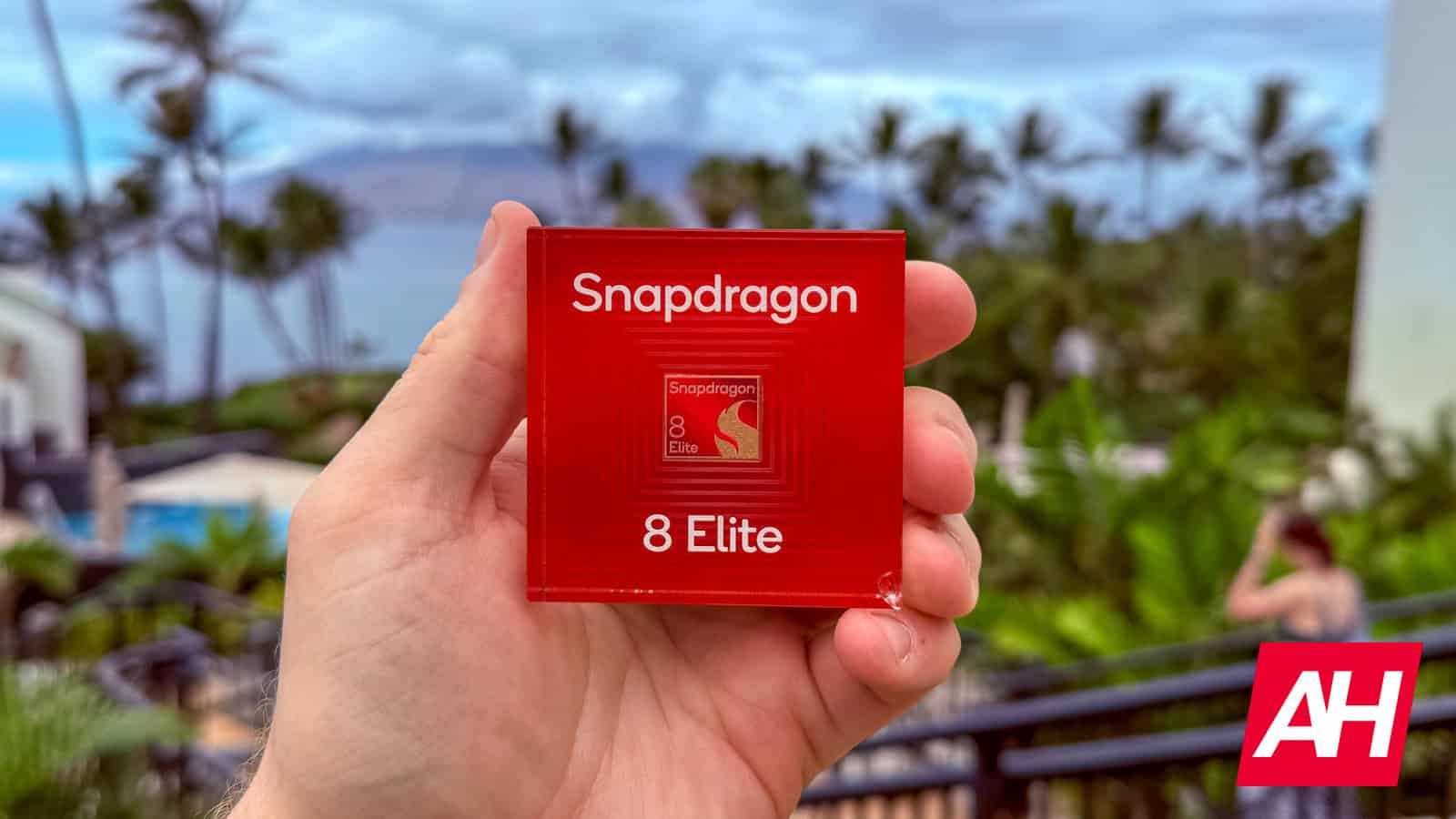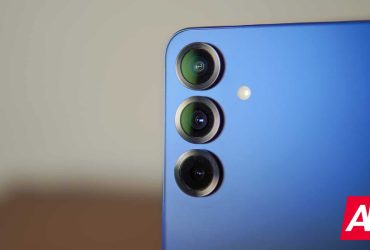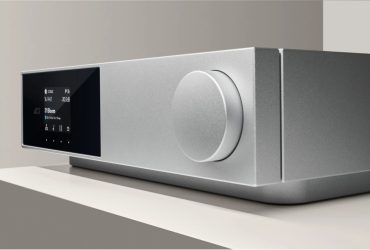New Snapdragon 8 Elite Variant Could Be Perfect For Foldable Phones

Last year, Qualcomm announced its latest flagship chipset, the Snapdragon 8 Elite. This is the latest and most expensive chipset by Qualcomm to date. Now the company has quietly followed up with a successor, a variant of the Snapdragon 8 Elite that could actually be perfect for foldables (and more affordable flagship phones).
Good for foldables
The majority of flagship phones in 2025 will use the Snapdragon 8 Elite. However, some may use a slightly different variant. Qualcomm won’t be renaming this chipset to something like the Snapdragon 8s Elite. Instead, it will stick to the same branding, but there are some differences under the hood.
For starters, it will go from an 8-core CPU to a 7-core CPU, dropping one performance core. According to Mishaal Rahman, this Snapdragon 8 Elite chipset version is intended for foldable phones. Due to it being technically less powerful than the 8-core variant, it won’t run quite as hot.
This could be ideal. Due to the way foldable phones are designed, their thermals aren’t quite the same as your regular smartphone. Reducing the potential to overheat and offer sustained performance could be better, even if it’s at the expense of power.
Negligible difference
We know that on paper, one less core means less power. Technically, that is true, but the differences are negligible in real life. Rahman says that based on benchmarks, the 7-core variant of the Snapdragon 8 Elite scored 2% lower on AnTuTu and 7% lower on Geekbench compared to the 8-core version.
This is barely noticeable by most users, especially if you don’t exactly push your phone to its limits. We imagine that for some games, there could be moments where gamers might see a drop in frame rates or feel their phone stutter, but once again, that will only affect a small percentage of users.
If you use your phone mainly for video watching, chatting, browsing the web, sending emails, and playing the occasional game, you probably can’t even tell.
Another upside of dropping one core is that it could become cheaper. Qualcomm’s chipsets have been increasing in price over the years. Launching a slightly less powerful version of its flagship chipset could make it more affordable for OEMs who might have otherwise turned to Qualcomm’s competitors, like MediaTek.
It’s too early to tell how big of a price difference this will make, but we doubt Qualcomm will charge OEMs the same price for the 7-core version as the 8-core variant.
What’s your reaction?
Love0
Sad0
Happy0
Sleepy0
Angry0
Dead0
Wink0











Leave a Reply
View Comments